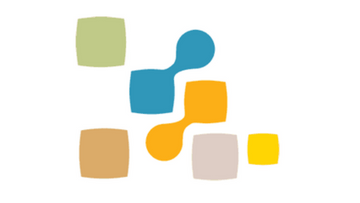EUROM participates in the 7th annual study trip and workshop organized by Memory Lab that will take place between 9–15 October 2016 in Serbia. The program will focus on three main topics of memorialization: the Second World War, the Socialist Yugoslavia, and the period of the 1990s, with the Milosevic-regime and the break-up wars of Yugoslavia. The workshop will explore “told, untold and retold histories” in relation to these periods in today’s Serbia, through visits of sites, encounters with historians, curators and civil society organizations, and group work.
The activity is organized by the Youth Initiative for Human Rights BiH, C31 – Center for Developing Children’s Rights Culture, Peace Academy Foundation, French-German Youth Office, Forum ZFD and crossborder factory, in cooperation and with the support of CCFD – Terre Solidaire, the French-German Youth Office, Forum ZFD and the Südosteuropa-Gesellschaft.
Background
The trans-European exchange platform “Memory Lab” brings together organizations, institutions and persons working on memory sites and remembrance education in the Western Balkans on the one hand and in Western/Central Europe on the other hand, and promotes thereby mutual learning, dialogue, exchange and constructive critical assessment of remembrance and history in Europe.1 After trips including visits in Bosnia and Herzegovina, Croatia, France, Germany, Kosovo, Macedonia and Belgium, the 7th annual trip and workshop will take place in Serbia.
The program will focus on three main topics of memorialization: the Second World War, the Socialist Yugoslavia, and the period of the 1990s, with the Milosevic regime and the break-up wars of Yugoslavia. The approach will be to explore “told, untold and retold histories” in relation to these periods in today’s Serbia: “told histories” refer to the narratives which are dominating today’s culture of remembrance in Serbia, “untold histories” refer to those which are barely visible or marginalized, and “retold histories” refer to narratives which have been or are currently changing, as for example the discourses about resistance and collaboration in Serbia during the Second World War.
These questions will be addressed through visits of sites, encounters with historians, curators and civil society organizations, and work within the group. The group will be based in Belgrade, but the program will also include excursions to Vojvodina and its capital Novi Sad, and to Kragujevac. After exploring the situation in Serbia, the program will also help to connect the topic of “told, untold and retold histories” with memorialization processes in other European countries and with the personal experiences of the participants. Furthermore, the program will also offer space for networking and for further development of common activities among the participants of the program.

